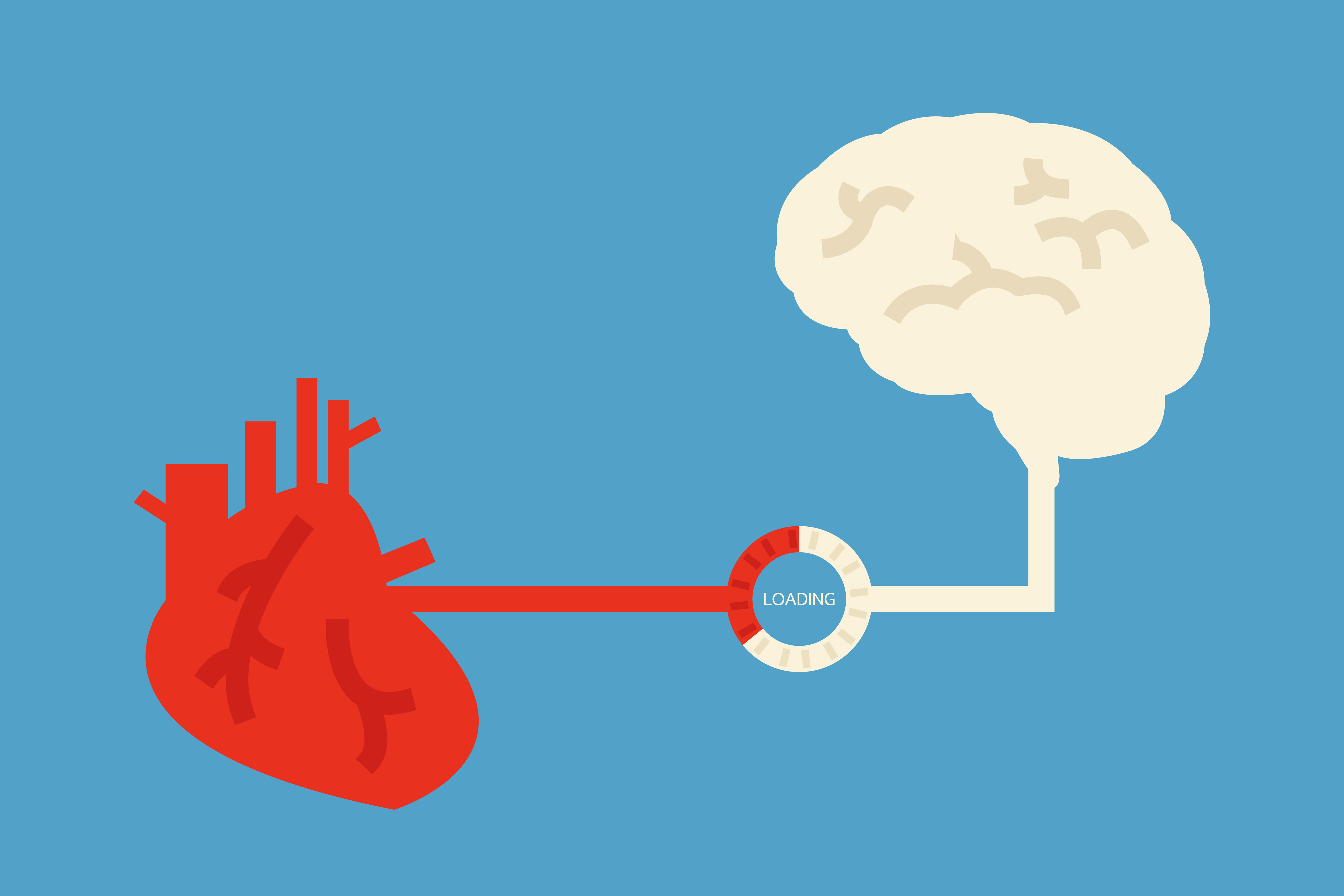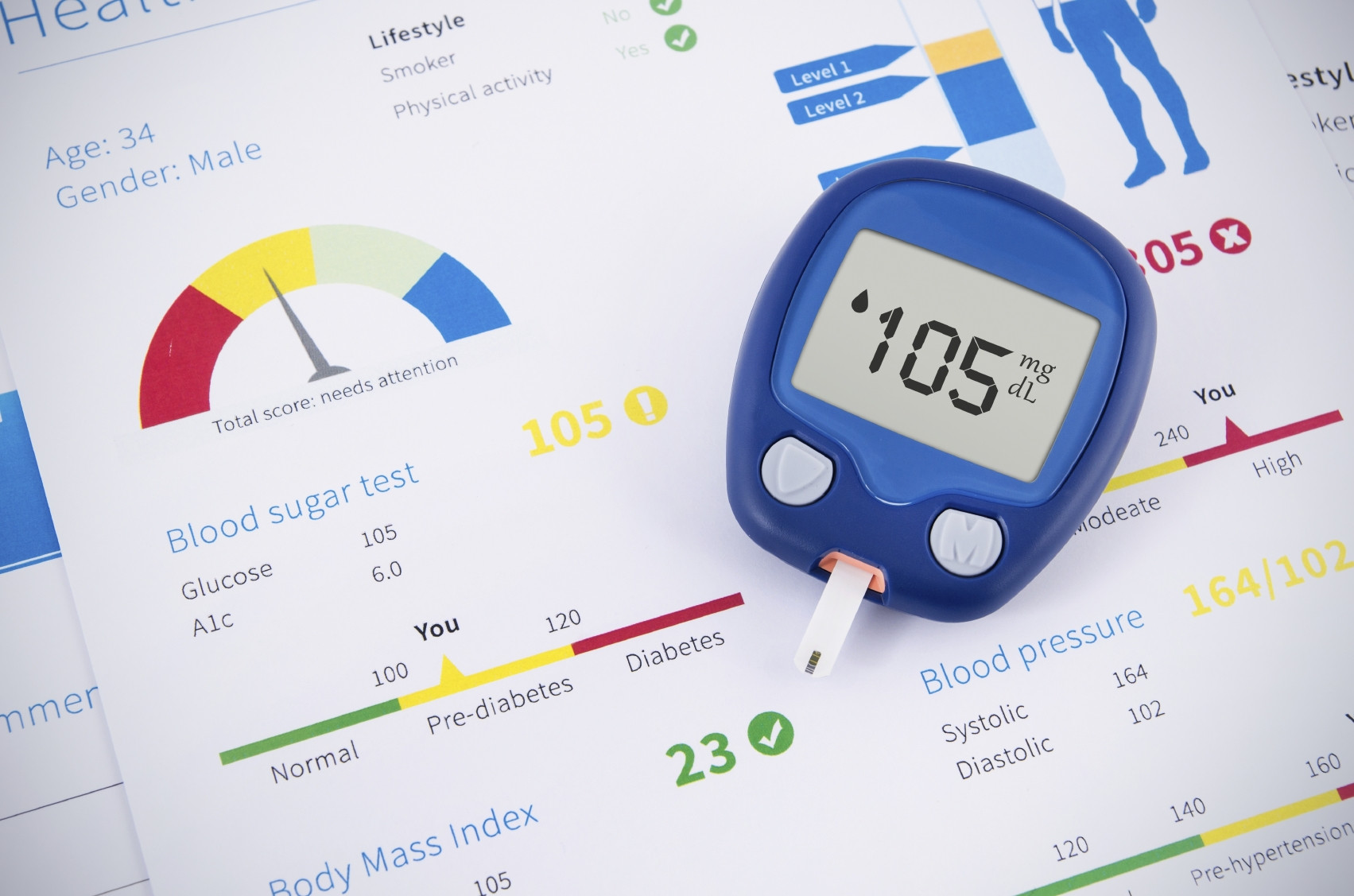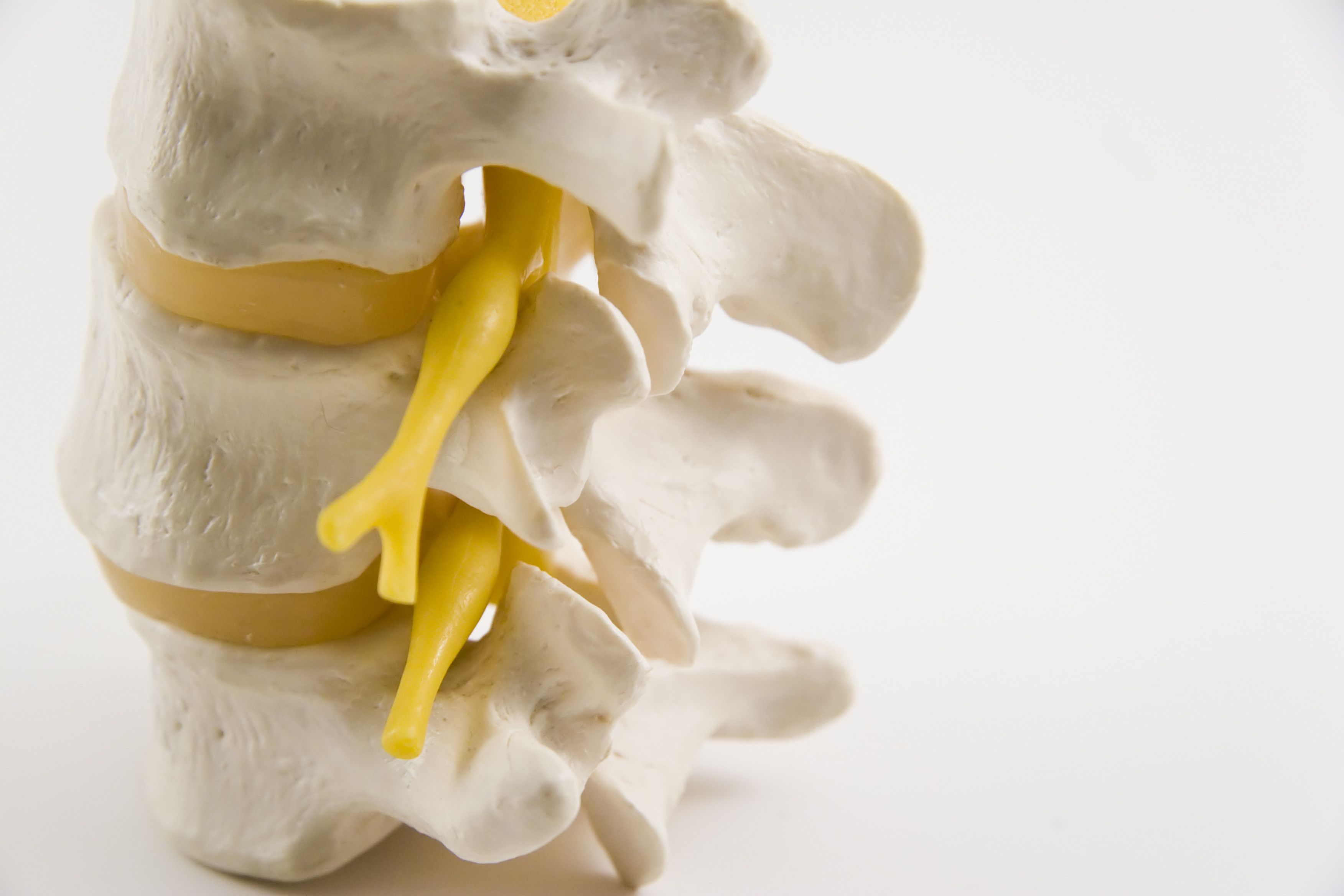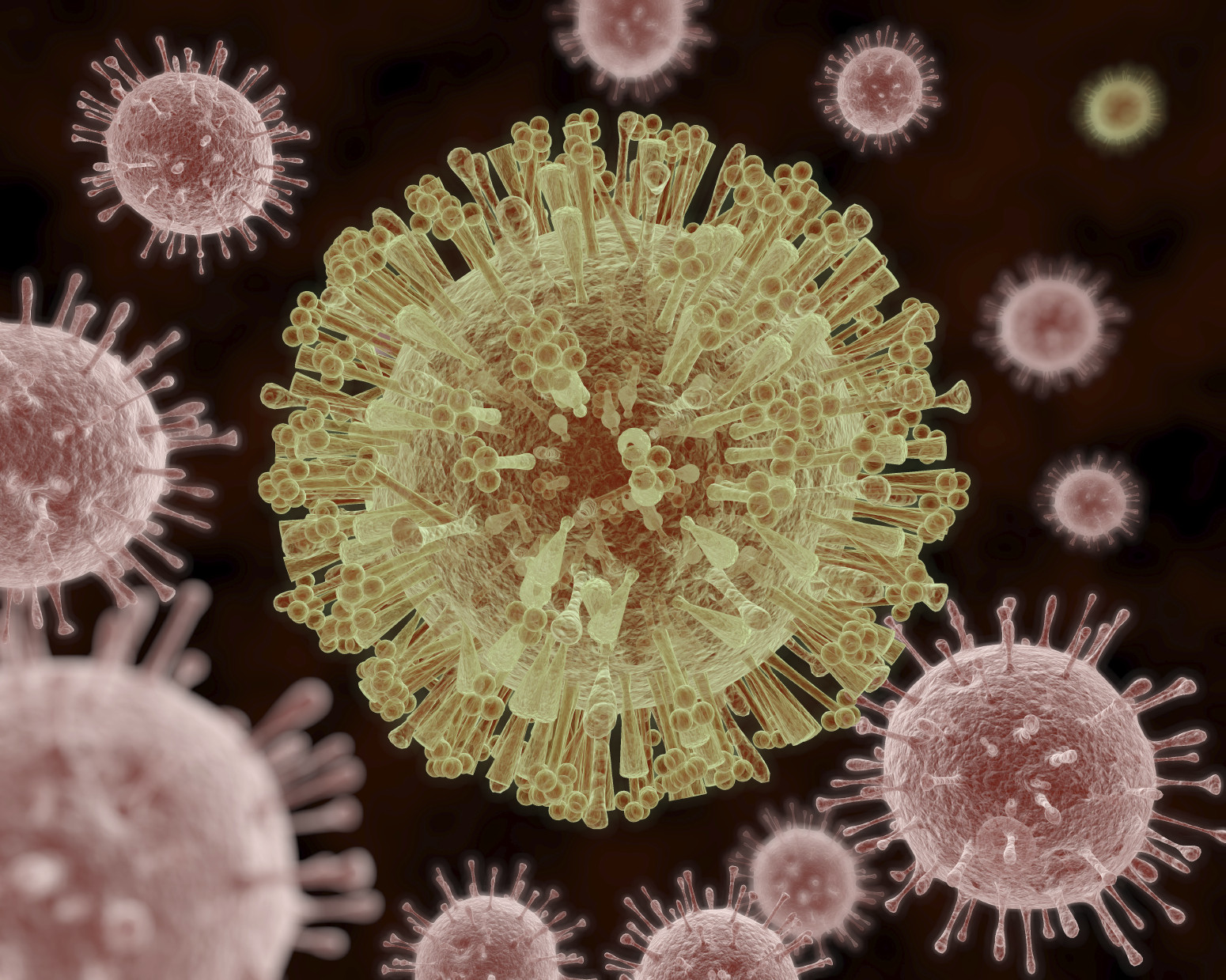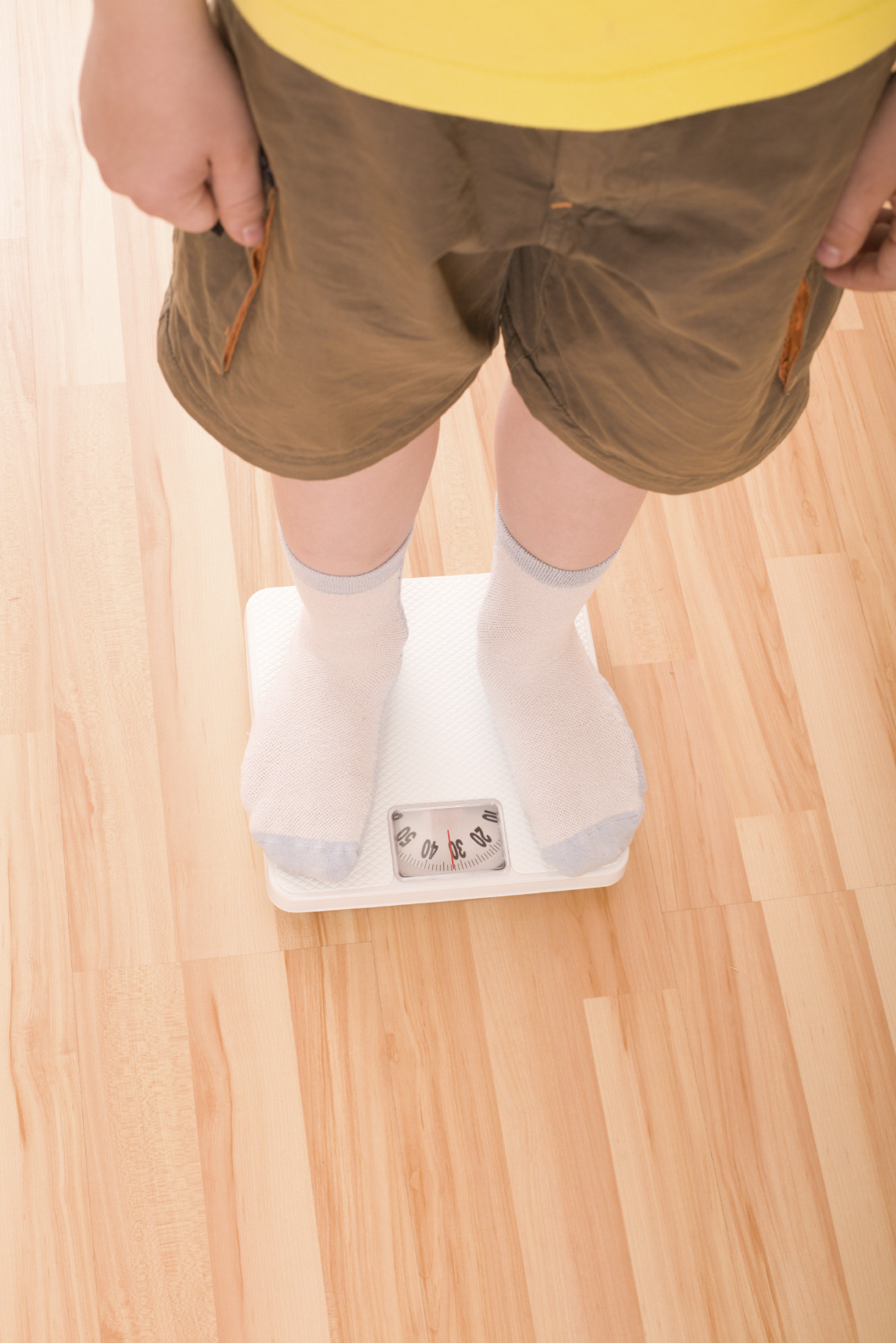
5 timeless habits for better health

What are the symptoms of prostate cancer?

Is your breakfast cereal healthy?

When pain signals an emergency: Symptoms you should never ignore

Does exercise give you energy?

Acupuncture for pain relief: How it works and what to expect

How to avoid jet lag: Tips for staying alert when you travel

Biofeedback therapy: How it works and how it can help relieve pain

Best vitamins and minerals for energy

Should you take probiotics with antibiotics?
Harvard Health Blog
Read posts from experts at Harvard Health Publishing covering a variety of health topics and perspectives on medical news.
Articles
Risks of active surveillance for men with intermediate-risk prostate cancers
Men diagnosed with slow-growing prostate tumors that likely won’t be harmful during their lifetimes can often avoid immediate treatment. Instead, they can have their tumor monitored using a strategy called active surveillance. With this approach, doctors perform periodic checks for tumor progression and start treatment only if the cancer begins to metastasize, or spread. Active […]
More than sad: Depression affects your ability to think
We often think of depression as making someone feel “down,” but it can sometimes show up as cognitive symptoms — for example, trouble with adapting to new information or thinking through a solution to a problem. Researchers recently determined that several common depression medications are not effective at relieving cognitive symptoms. But there are several things people with depression can try to help return themselves to their usual level of cognitive functioning.
Diabetes drug pioglitazone could get personal: Neither panacea, nor peril
Doctors are often hesitant to prescribe newer drugs. We simply can’t know everything about them until the experiences of early adopters tell us what they’re really like. Such is the case with thiazolidinediones. Some of the more recent diabetes drugs fell out of favor, but a new study suggests that may be helpful for very specific types of patients.
Preventing playground injuries: The fine line between safe and overprotective
You may have noticed that many playgrounds are now “safer” than they used to be. It’s great to think about safety, especially since there are hundreds of thousands of playground-related injuries every year, and a significant chunk of those are brain injuries like concussions. But it’s also important not to get overprotective — some life lessons about risk and self-confidence are best learned in a fun, stimulating, well-supervised environment like a playground.
High blood pressure: Why me?
It can be tough to accept a diagnosis of hypertension. It often causes no symptoms, and when doctors diagnose it, they often mention the consequences that may someday happen if it isn’t controlled. This can be a lot to take in if you’re feeling fine! Fortunately, hypertension is easily controlled — and staying on top of the treatment is the first step toward taming this “silent killer.”
Pressed coffee is going mainstream — but should you drink it?
Pressed coffee, once the darling of trendy coffee houses the world over, has broken out of its upscale origins and can now be found in kitchens all across America. Aficionados have been raving for years that pressed coffee tastes better than regular coffee — and they may be right. But it can potentially harm your health. Here, we’ve explored the health drawbacks — and benefits — that coffee has to offer, no matter the brewing style.
Taking your medications as prescribed: Smartphones can help
Many people don’t take their medications exactly as prescribed. While some do this purposefully, plenty more simply forget. Researchers have studied several different methods to help people remember their medication, but a new study has revealed one that stands out among the rest: texting. While the study does have some limitations, it’s an impressive reminder that the technology sitting in many people’s pockets and purses can be a powerful tool to help them improve their health.
Why the American Academy of Pediatrics opposes North Carolina’s transgender “bathroom law”
A new law in North Carolina prevents transgender people — people who feel very strongly that their biological sex does not match their true gender — from using the public restroom of the gender they identify with. But the American Academy of Pediatrics has denounced this law for discriminating against transgender children and children with certain genetic disorders. As they say, what all children need the most is unconditional acceptance and support.
4 "must dos" for kids with seasonal allergies
Many children look forward to warm, mild spring weather, but kids with seasonal allergies (also known as hay fever) might not. Hay fever can interfere with a child's ability to play outdoors, and it can just plain make them feel miserable. These tips can help your child cope with allergy season — and they work just as well for adults, too.
How much should teens weigh to prevent heart disease as adults?
We know that overweight teens have a higher risk of heart disease throughout their life, which is why pediatricians make sure to discuss healthy lifestyle choices with their patients. However, a recent study reveals that the weight ranges currently considered acceptable for teens might be too high, and therefore still putting them at risk. We’ve summarized the results and given you some ideas to help your teen lead an active, healthy lifestyle.
Starting an osteoporosis drug? Here’s what you need to know
In its early stages, osteoporosis has no symptoms but causes millions of bone fractures every year, often resulting in loss of function and, disability and even death from the complications of the fracture. There are effective medications to prevent osteoporosis, but they can have serious (though rare) side effects. It’s best to talk discuss with your doctor to understand all your options and make an informed decision on how to best protect your bones.
Which kids are most likely to have prolonged concussion symptoms?
Awareness of the effects of concussions in children and adolescents has risen, along with the frequency of diagnosis. Researchers and other medical professionals are attempting to develop tools such as a risk grading scale, that might be used to better manage the injury and provide the most effective treatment.
Over 35 and expecting: Is it safer to give birth “early”?
For women having children over age 35, the decision to induce labor is usually based on an increased risk of stillbirth. The duration of labor also factors into the decision, as does the possibility that induction could increase the chance of a cesarean birth, though current medical evidence does not necessarily support this assertion.
Thyroid disease and breast cancer: Is there a link?
Researchers have wondered for a long time whether there might be a link between excess thyroid hormone and an increased risk of breast cancer. High levels of thyroid hormone have been shown to mimic estrogen, which fuels many breast cancers. A new study has suggested that there may indeed be a link — but it’s important to put the results into context.

5 timeless habits for better health

What are the symptoms of prostate cancer?

Is your breakfast cereal healthy?

When pain signals an emergency: Symptoms you should never ignore

Does exercise give you energy?

Acupuncture for pain relief: How it works and what to expect

How to avoid jet lag: Tips for staying alert when you travel

Biofeedback therapy: How it works and how it can help relieve pain

Best vitamins and minerals for energy

Should you take probiotics with antibiotics?
Free Healthbeat Signup
Get the latest in health news delivered to your inbox!
Sign Up
